min read
min read
min read
min read
Potty or toilet training is an important milestone in your child's life and it can seem like quite a daunting task!
But we have been helping children out of nappies for over 40 years, so we've asked our experts to share their answers to our most frequently asked questions from parents, to help support you and your child on your toilet training journey.
Every child is different, so there is no hard and fast rule at which age your child should be in pants and out of nappies. Most children will start toilet training at around 18 - 30 months.
Look for these signs that will tell you that your child might be ready:
They can tell you when they have had a poo or a wee
They go for more than an hour between wetting their nappy
They are starting to be able to remove and put back on their own clothing
They fidget or go quiet when they need to toilet
Before this, you can have a potty available around the house for your child to become familiar with. Encourage them to sit on it when they would like to, either to use it, or just to sit there!
This is down to personal preference and we'll support your child with whichever approach you use.
Using pull ups can be helpful to use with your child before they properly start toilet training, to help them develop the skills for managing their own clothing.
However some parents find that as pull ups are absorbent, their children don't recognise the feeling of wetness and some children can become confused about whether they should be using the pull up or going to the toilet.
Again, this is down to your own preference. Some parents find that children are a little scared of the big toilet.
If this is the case for your child, make sure you have a step so they can get on and off themselves and talk with them about the sounds the toilet makes.
Our toilets at nursery are ideally child sized so many children who don't feel happy using the 'big' toilet at home are perfectly comfortable using nursery ones.
Even if your child goes straight to using the toilet, you might find it helpful to have a potty as well to use on day trips out if you are not sure what facilities will be available.
All children will have accidents when they are toilet training; it is like any other skill that takes time and practice to master.
Stay calm and avoid showing any frustration; they are not doing it on purpose and they need to know you are not cross with them. Be reassuring in your body language and tone of voice.
Help minimise accidents by reminding your child regularly and dressing them in clothing that is easy to manage such as trousers with an elasticated waist.
If you are going out for the day, think ahead about how you will manage this, for example checking where the nearest public toilets are or taking a potty with you.
If your child is at nursery, please provide lots and lots of changes of clothes, including shoes.
Some parents find that their children respond well to the motivation of a sticker chart. If you are going to use one, it is really important that you are confident that your child is developmentally ready to otherwise they are may feel demotivated as they are unable to tell you when they need to go.
While using a chart or not is entirely up to you, we would recommend that you focus mainly on providing your child with lots of praise and encouragement. Ultimately, you want your child to learn to use the toilet because this is the right thing for them to do, rather than to get a reward.
When praising your child, be specific about the behaviour you are praising, for example rather than saying "Good boy", say "Well done for sitting on the potty" or "I'm proud of you for pulling down your pants by yourself".
If you are using a sticker chart, keep the reward as getting the sticker rather than building up a certain amount to get a treat and never use food as a treat or reward.
While it is your choice if you would like to take some time off to toilet train your child, this isn't something that we would recommend.
Toilet training is a skill that takes time to master and you may find that you end up putting more pressure on yourself and your child if you are trying to achieve this within a set time frame.
We also sometimes find that when children return to nursery they can take a step backwards even if they have been dry at home as there will be more distractions for them. This may make your child feel demotivated.
It can feel really frustrating if your child won't entertain the idea of toileting, especially if all your friend's children seem to be managing it with ease!
If your child isn't showing an interest yet, this probably means that they aren't yet ready.
Avoid putting pressure on yourself to get them dry, but keep the conversation around toileting open and frequent.
Talk to your child about going to the toilet and have a potty around that you talk about in simple terms, for example "When you're ready you will use the toilet / potty".
Share lots of stories about using the potty or toilet (you'll find some recommended reads in our blog here) and buy an extra potty for your child's favourite toy. Have faith that they will learn to do it with your encouragement when they are ready.
There are lots of reasons why parents can be reluctant to take on toilet training; it can seem like a daunting thing to do when our lives are already so busy and it may cause you to feel really emotional - your baby is growing up!
However, when your child is showing the signs of readiness, it is really important that you help them to get started.
Their key person at nursery will absolutely support you both and provide you with advice and reassurance but it is important that there is a consistent approach so if they are starting to use the potty or toilet at nursery, make sure you are also doing this at home.
Day time toilet training and night time toilet training are two separate things.
It can take much longer for children to be dry at night so don't put pressure on yourself and your child by trying to get them dry through the night at the same time as day.
When your child is asking not to have their night time nappy, their night time nappy is dry or only very lightly wet and / or your child wakes in the night to use the toilet, they are showing you signs that they are ready to be dry at night.
Many children take much longer to learn to poo on the potty or toilet. This is often as they don't like the feeling of it or they are scared.
The best way to support your child to feel comfortable is to be as calm and laid back about it as possible. Try distracting them while they are sitting there by sharing a story or singing a song together.
You could also offer some bubbles to blow as this may help them with their bowel movement.
If your child is able to, ask them to tell you what is worrying them about doing a poo.
Remind them that when they've done a poo, this helps their tummy to feel better and let them know that it's ok to feel scared and you are there to help them.
If your child becomes very constipated or this is an ongoing issue, seek advice from your GP or Health Visitor.
Where you do have outside professionals involved, please ensure that you share any advice with your child's key person so that they can follow this at nursery.
Make sure you stay calm and let your child know it is ok. It can feel really annoying if you thought you'd cracked it, however you know that they can be dry and they will be again.
Have a think if there is anything that might be distressing your child for example has there been a change at home or at nursery? Sometimes there is no rhyme or reason as to why your child has regressed, take your time and keep trying.
Some children with SEND may start toilet training later or need different support but as with any child, we will support them based on their individual needs.
Have a chat with your child's key person and we will work closely alongside you and our centre SENCO as well as any outside agencies involved with your family to find the right approach for you and your child.
Some approaches that may support include:
If you have a question we haven't answered, drop us an email at UP@busybees.com and we'll come back to you as soon as possible. You can also talk to your child's key person at nursery, who will be happy to help.
by
Published: 09/10/2023
Share Blog
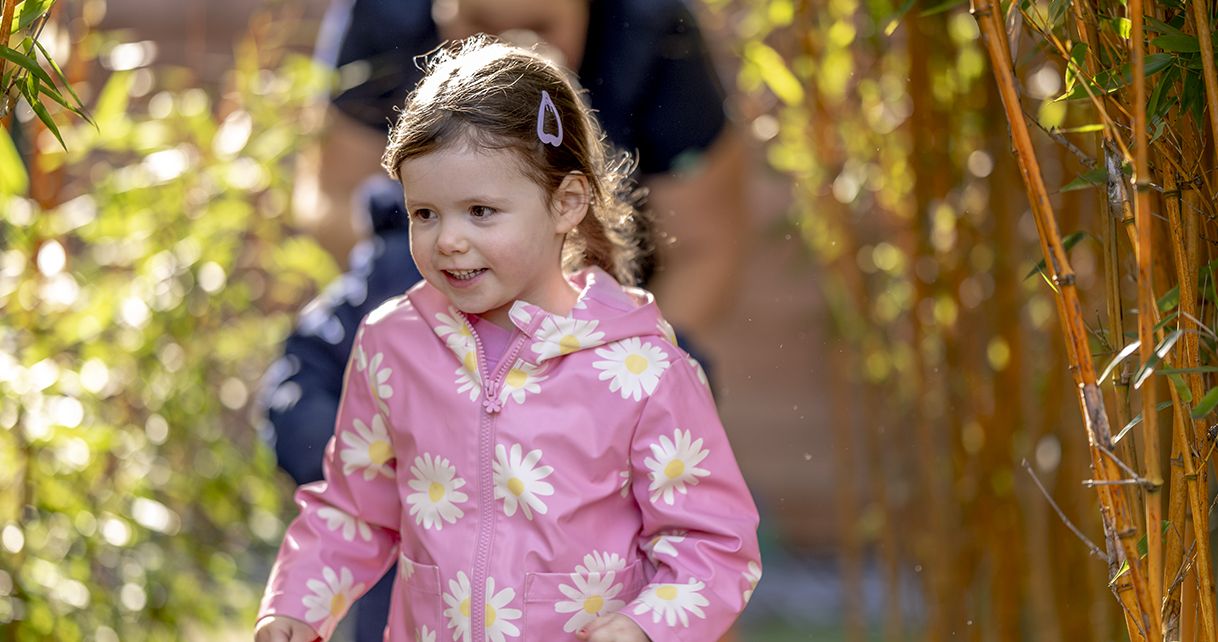
by Busy Bees 26/01/2026
10 min read
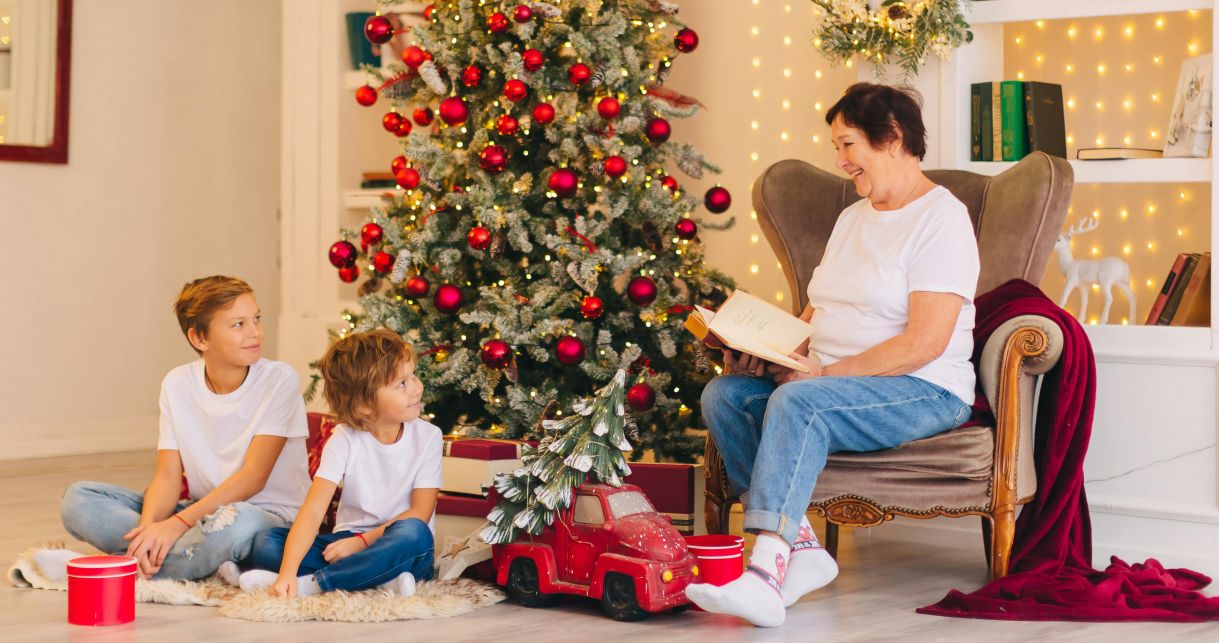
by Busy Bees 01/12/2025
5 min read
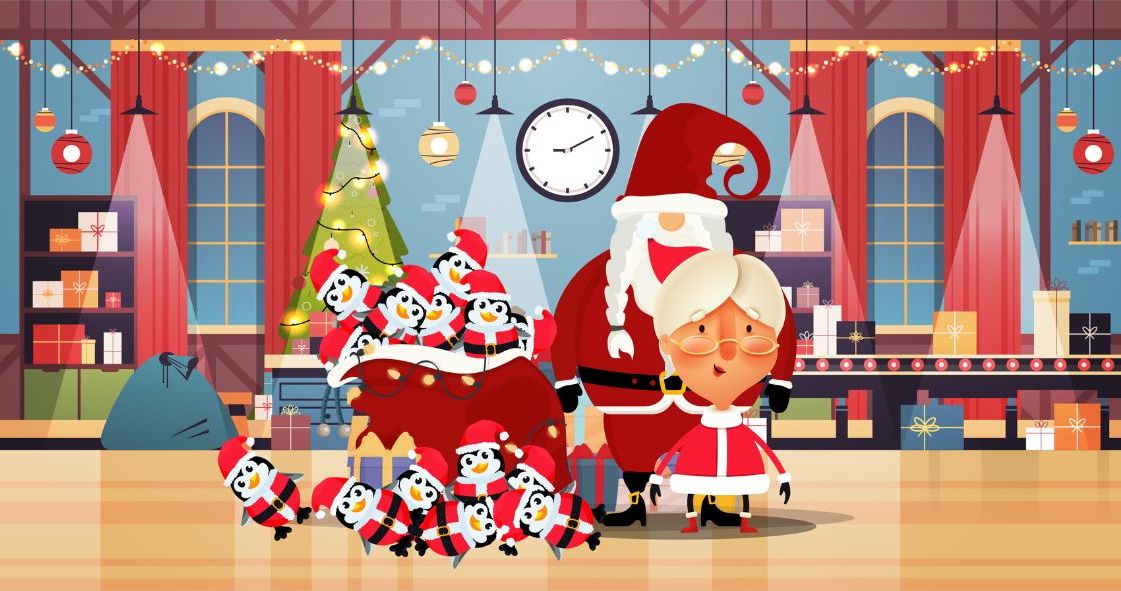
by Busy Bees 01/12/2025
5 min read
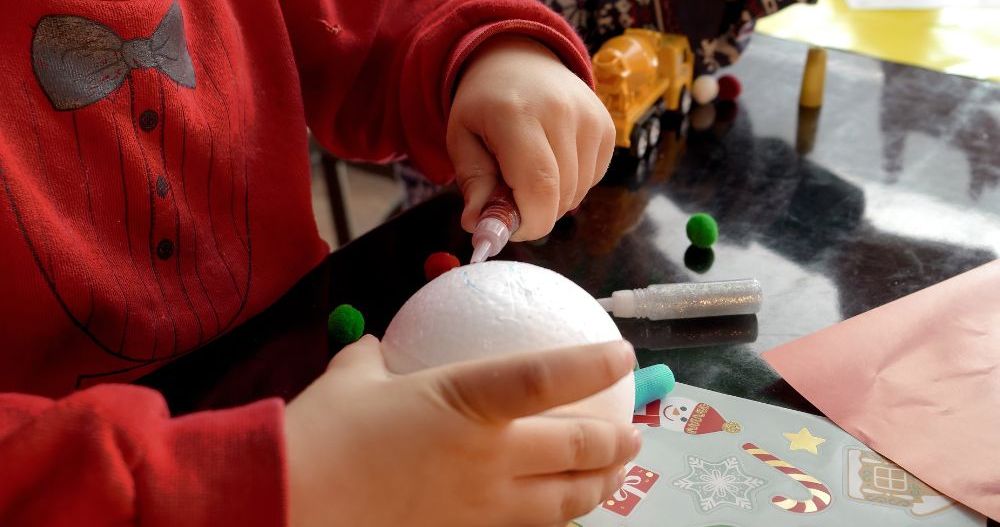
by Busy Bees 27/11/2025
6 min read
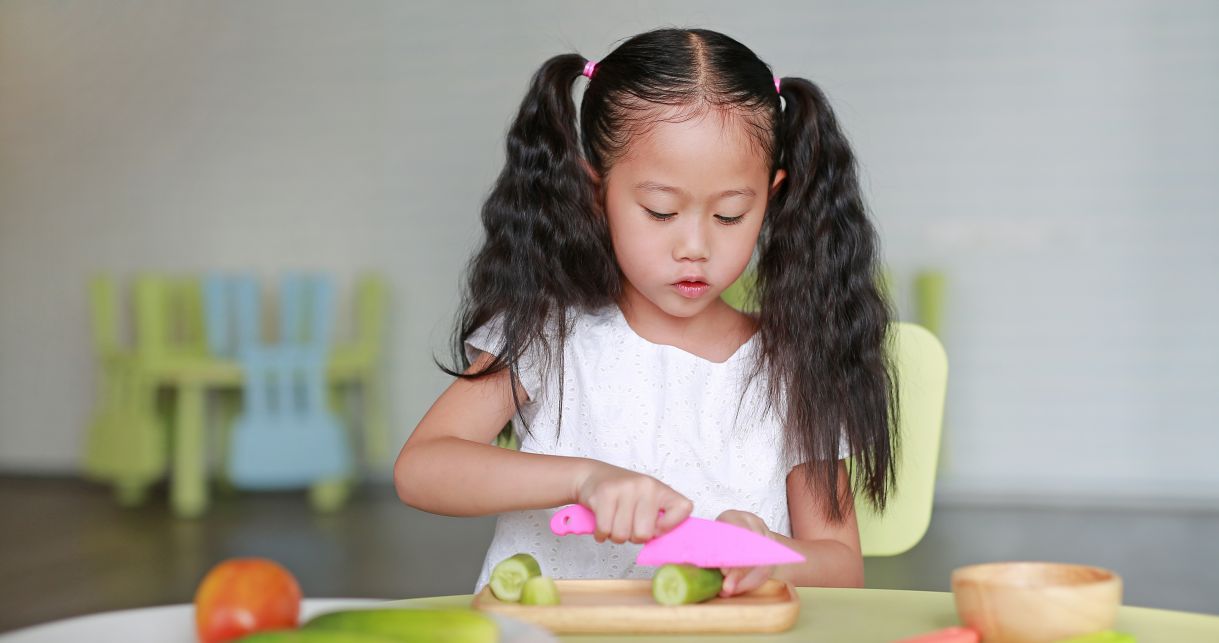
by Busy Bees 25/11/2025
7 min read